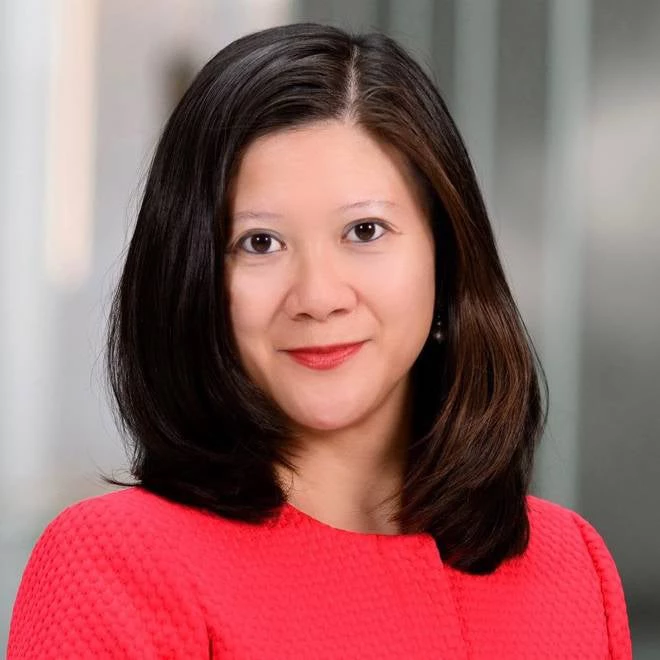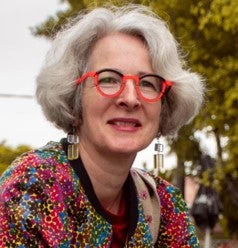Since 2020, the Cooperation in International Waters in Africa (CIWA) Partnership has scaled up its efforts to promote gender equality through high-impact, targeted initiatives to tackle gender inequalities in transboundary waters in sub-Saharan Africa. CIWA generated a Gender Equality and Social Inclusion (GESI) Framework that articulates a transformative approach to guide transboundary water engagements across Africa. CIWA acknowledges that challenges women face within water sectors are linked to deep-rooted patriarchal norms which persistently limit women’s voice and participation in sector dialogues and decision making. Research shows that elevating women’s participation in water resources management leads to improved economic and human development outcomes .
CIWA’s transformative GESI Framework hinges on disrupting cultural traditions and social norms that prevent women from getting to a place to participate equally in decision making. For CIWA, women’s empowerment within a transformational framework presumes equality at all levels and sectors of influence and involves a shift in gender relations by targeting all stakeholders, some of whom may be resistant to changing social norms. To do this CIWA is facilitating sustained, multi-sectoral, and multi-layered interventions at both programmatic and activity levels. This requires engaging key stakeholders to find opportunities to transform power relationships and to tackle gender inequalities.
Because men are often the key stakeholders, influencers, and decision makers in water institutions and local villages, CIWA partnered with the Stockholm International Water Institute to develop the Male Champion Forum as an innovative means of using men’s influence to break through traditional gender roles and to be advocates for change. The Forum aims to leverage men’s strategic position to engage with other men in discussions about how to overcome gender inequalities and how to create a positive space for women to be equal participants in facilitating transboundary cooperation.
The Forum objectives include:
1. Increasing awareness about the critical role that men can play in championing gender equality in the transboundary water context,
2. Identifying actions and initiatives that Male Champions can take to advance gender equality in transboundary water institutions, and
3. Facilitating opportunities for Male Champions to take individual and collective action to promote opportunities for women to play a greater role in transboundary water institutions and projects.
In June 2023, CIWA rolled out the Male-Champion pilot in selected sub-regions in Africa. Eight Male Champions represented in different segments of the water institutions participated in a one-day pilot workshop. Each of the Male Champions was selected based on their strong commitment to gender equality and a professional and personal experience promoting gender equality in the water sector. Experiences of Male Champions range from conducting gender-sensitive monitoring and evaluation, working as a Gender Focal Point, establishing a women’s mentorship program, and promoting gender equality in the Nile Basin Discourse activities.
Participants reflected on how their own experiences from a personal and socio-cultural perspective have shaped their perspectives on gender equality, and considered how their own values and commitment to gender equality can be used to address gender inequalities. Participants identified differences in how men and women are expected to behave. They also reflected on what should be the role of a Male Champion, and what are possible challenges and responses when taking actions as Male Champions.
The workshop included a session on the challenges that women face within the transboundary water sector. Participants concluded that women are stereotyped as water users rather than as decisionmakers about water use and management resulting in limited representation of women in water resource development and management. Specific challenges noted included a lack of space for women to share their perspectives, negative attitudes towards women’s engagement in negotiations, the absence of career opportunities and lack of mentorship. The workshop concluded with participants affirming their motivation and commitment to being a Male Champion. Some see it as offering a chance to identify some innovative ways to tackle these gender challenges by learning, sharing and collectively transforming the gender unequal context. Others noted personal and local-level motivations.
Collectively, the male champions agreed on a set of initial next steps to sustain the momentum of this innovative initiative. Suggestions for short-term measures include developing an action plan to advance the initiative, monthly meetings on the implementation of actions, advocacy and outreach promoting the Male Champion Forum, expansion of membership and launching a social media platform. Other actions include updating policies to be more gender sensitive, including more women in leadership, mainstreaming the perspective of women and girls into environmental impact assessments, and exploring ways to recruit additional gender expertise. A set of long-term measures will also be developed based on the initial experience and lessons learned from the pilot.
CIWA Knowledge Products
CIWA Gender and Social Inclusion Framework
CIWA Learning Note: Ensuring Gender and Social Inclusion Is Considered at the Project Concept Phase
Blogs
Advancing towards a more gender equal world in transboundary water management in Sub-Saharan Africa
International Women’s Day 2023: Accelerating Quality and Empowerment
Leaving no one behind, reflections on CIWA’s Integration of a social inclusion perspective
A transformative approach for the Nile Basin: How CIWA leaves its mark
Training the next generation of groundwater specialists in the Sahel
Women must lead Africa’s water resources decisions for improving management
Videos and Podcasts
World Water Week 2022: Take Away Two On gender and social inclusion
Ethiopia Bisrat: A Water Resources Engineer Story
Across the Pond Podcast: A joint Master’s Degree in Groundwater in Sahelian Universities (in French)




Join the Conversation